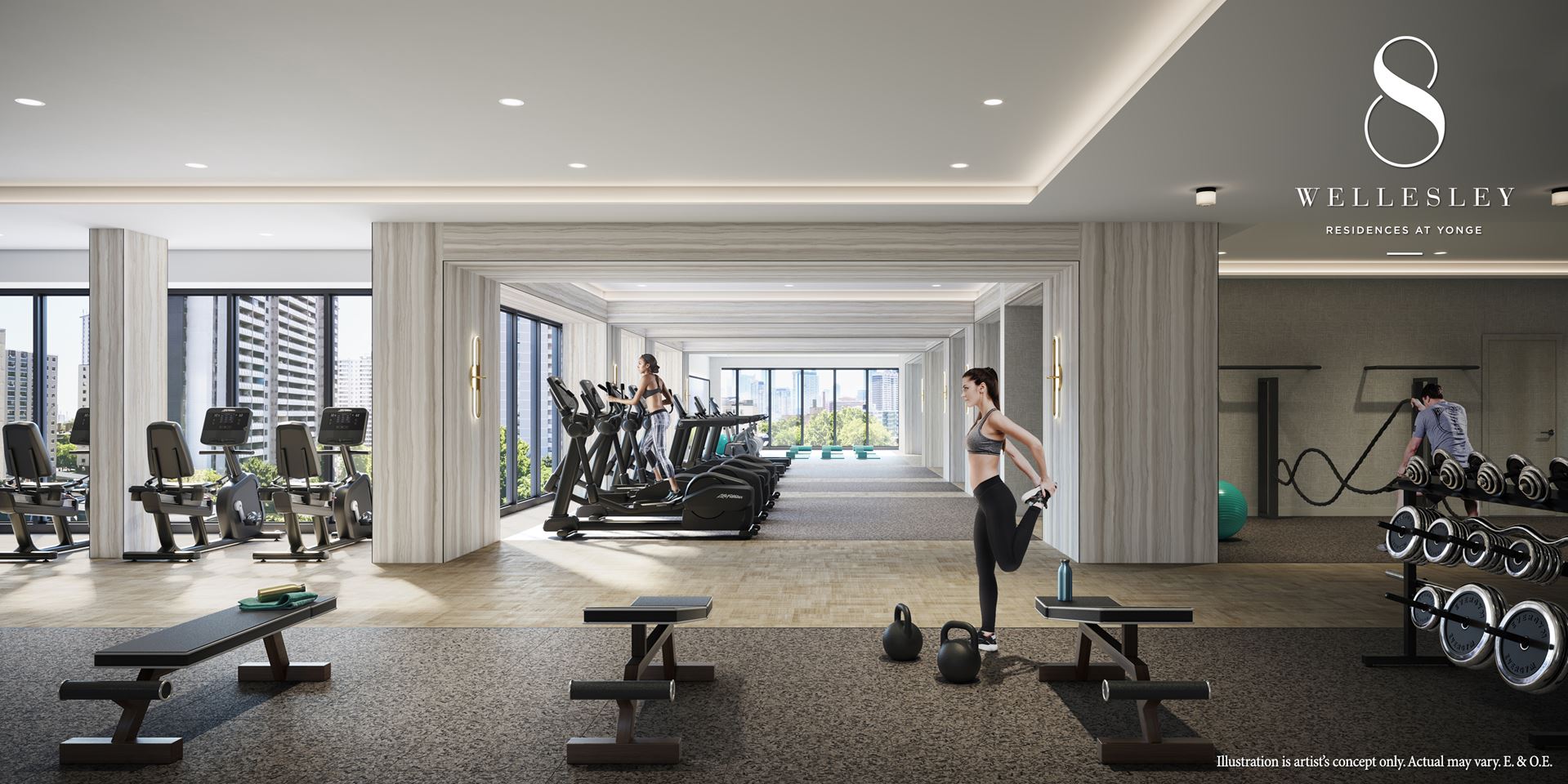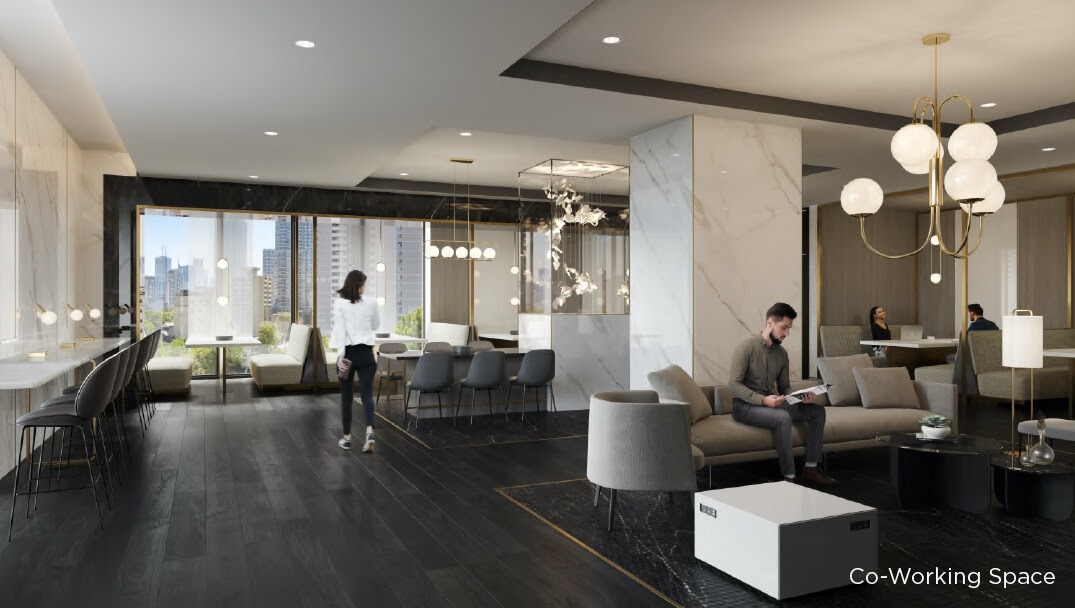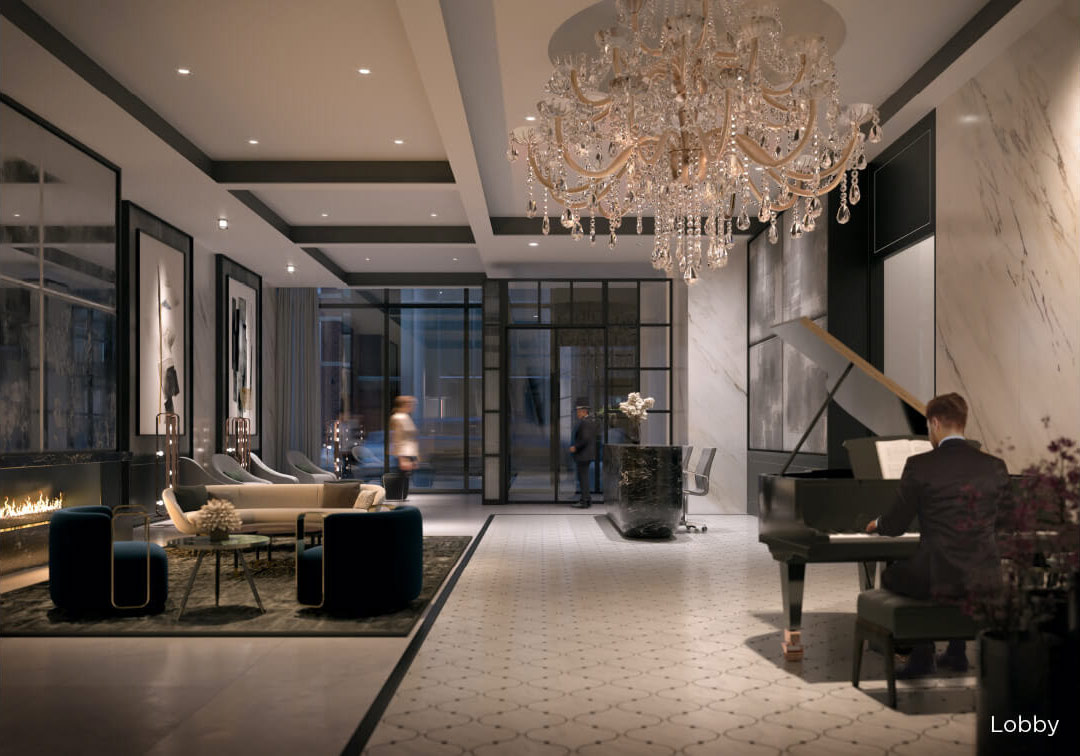#4. Take Advantage of the 10-Days Cooling Off Period
In Ontario, every pre-construction condo purchaser has 10 calendar days to reconsider and withdraw from their purchase contract. During this 10-day cooling off period, also known as the “rescission period,” purchasers should do the following:
(i) Secure the unit: make the 10 days period work to your advantage. Once you sign the agreement of purchase and sale, you have successfully not only secured the unit but have also secured the price. Especially in early launch days, builders increase prices quite frequently with every new release of suites. We always advice our clients, that as soon as we bring you a unit that you like, sign up and secure both the unit and the price. This is because if you take your time to consider, the unit may no longer be available, most likely the prices will have gone up and there is no negotiating the price with the builder. So it’s a good idea to sign, you do have the 10 days to think about it. If the hesitance remains or you do not feel good about the investment, you can withdraw from the purchase within the 10 days at any point.
(ii) Lawyer review: Work with a specialized (in pre-construction contracts) real estate lawyer to review the agreement of purchase sale – this is important so you are aware of any unusual clauses or costs included,
(iii) Get a mortgage pre-approval: usually builders do allow you 30 days to provide this however we always advise our clients to get this done in this cooling off period. This is because if for whatever reason you are unable to secure a mortgage pre-approval, you still have the option to withdraw from the purchase during this time. If you wait until after the 10 days expire, at that point you will not be able to withdraw and are in a firm and binding deal with the builder.
(iv) Get post-dated cheques: it’s fascinating that many millennials do not have cheque books, we don’t blame them. It is an e-transaction kind of an era. Builders and their lawyers, however do require post-dated cheques for the upcoming instalment payments. Take this time to get a cheque book from your bank and submit the required post-dated cheques within the 10 days. This way, you do to have worry about visiting the sales centre for every future payment.
Pro tip: set alerts for yourself to make sure the account has sufficient funds on the due dates. Since these payments are so far in the future, it is easy to forget about them. You will be charged NSF charges and those are hefty so it’s best to avoid those.
#5. Construction Delays are Inevitable
From the sales in the early phases to completion, the project may be 3-5 years away. Purchasers will need to plan towards completion with this wait time period in mind. Most often then not, projects experience construction delays – these really are inevitable. Anything could happen, delays within the materials supply chain, strikes, weather related delays, cost related delays and the major one this year in 2020 pandemic related delays. Anything can happen within those 3-5 years.
We always advise our clients to expect and plan for 6 – 8 months delay from the occupancy date that is stated on the price list you receive when you sign the contract.
Builders are within their rights under Tarion to delay closings for the project. This is included in the Tarion addendum in all agreements of purchase and sale. Builders are required to communicate timelines to the purchasers as they are available. It is also a great idea to periodically visit the project site to see the construction progress and also to take pictures as keepsakes of your first home or investment! You could also keep in touch with the builder’s customer care department to learn more about the project’s progress.
#6. Budget for Closing Costs including HST
Closing costs are due on Final Closing for your pre-construction condo. Every pre-construction project will have different closing costs. There is no set amount for closing costs. There isn’t a percentage amount either – it is unique to every agreement, what is included in the contract and of course what the purchase price is as well.
Closing costs are out-of-pocket expenses. This means you have to budget for these to be paid on Final Closing. The good news is that you have 3-5 years to save up for them.
What we’ve seen this year, when buying a pre-construction condo in 2020 the closing costs are approximately $15-20k for a studio or 1 bedroom condo, and approximately $20-40k for a 2 bedroom or larger condo. This is not the case for all condos and this is not a rule of thumb either.
What are the biggest closing costs?
(i) Land Transfer Tax: this may be the single highest expense on closing. If purchasing in Toronto, the city has both a municipal and provincial component to the Land Transfer Tax.
(ii) Development Charges or Levies: this is may be the biggest expense. On signing you should always try to have the builder cap these charges to a maximum amount. It is important to note that development charges are subject to HST.
Other costs include: Legal Fees, Utility Hookups, Tarion Warranty Program, HST on appliances, Reserve Fund Contribution, Miscellaneous fees and charges.
(iii) HST: Most developer’s price lists will state “prices include HST.” Careful though because prices include HST only when you are moving in the condo yourself or someone in your immediate family is moving in there as their principal residence. If you are an investor planning on renting the condo, you will be required to disclose this fact to your lawyer on Final Closing. At this time and with a one year lease, you can apply for a HST rebate to get this money back from the CRA which is great. However you do need to budget for the HST as part of your closing costs. Please note however this really isn’t a “cost” since you will get a part or all of your money back.
For more information on HST and condo investing we strongly recommend you speak with your lawyer or accountant. Here is a resource for more information as well.
#7. You Could Move in Before Final Closing
You could move in or rent your condo (if you have the Right to Lease clause in your agreement) in the Interim Occupancy Period – this is when you get the keys to your condo however the title for the condo has not yet been transferred to you just yet. That is because the building has to completed, registered and pass all required inspections before it can get to Final Closing. This is when you get title to your suite and take on a mortgage.
Until then, the builder will still be on the title, and your “mortgage” payments will actually just be rent payments or “occupancy fees” made to the builder until the building is complete. Your mortgage won’t actually kick in until Final Closing.
It is important to note that the building’s common elements will likely not be completed at this stage. The amenities will not be accessible and the hallway and elevators not complete.
#8. You May Able to Assign Your Condo
If you decide that you no longer want to close on this condo to own it, then you have the option to assign the condo provided that you have the assignment clause in your contract. You can ask for this clause to be included in your contract upon signing.
Assignment of a condo is when the original buyer sells the unit prior to completion to a new buyer who assumes the contract as is. The builder however has to allow, approve and sign off on this assignment in order for it to go through. Usually the builder gives permission to assign the unit closer to occupancy date.
#9. Material Changes May Occur
Written in your purchase agreement are details about “material changes.” This clause allows the builder to make changes to the floor plans of the unit or amenities etc. of the building. If there is a change in the interior of your unit, the builder usually notifies the client in advance. So you could end up with a unit that may have changes to the plan that you signed up for.
#10. The Development Could Be Cancelled
You have probably heard in the news of a couple of developments getting cancelled prior to the start of construction or while under construction. This could happen for several reasons. For example, the expected sales for the project may not materialize or the development approvals necessary for the project are not forthcoming.
When a cancellation occurs it can be really disappointing for the buyers. They may have purchased the condo 2-3 years ago at a lower price per square foot than current market value.
There may be some recourse with the help of Tarion to return the buyer’s deposits.
As of January 1, 2020, all agreements of purchase and sale will include a Tarion Addendum information sheet at the front of the purchase agreement that outlines some of the key potential risks of buying a residential condominium unit in a pre-construction standard or phased condo project.
BONUS:
#11. Monthly Maintenance Fess Will Increase
Maintenance fees are estimated several years in advance. It is tricky for a builder to know how much it will cost to run a building prior to construction. Keep that in mind and consider the maintenance fee advertised as an approximation as the cost will change with the inflation rate among other things. Low condo fees can be enticing when comparing condo projects to one another, but always be prepared for fees to increase over the years.
As with any real estate transaction, its a good idea to team up with a specialized real estate agent who is experienced in buying pre-construction condos and can help you navigate the sales process and help you understand exactly what you’re getting into. Our team at Toronto Condo Investments are pre-construction specialists and would be happy to work with you!
Want to learn more? Sign up on this form and let’s chat!
We have other great blogs to help you learn more about pre-construction condo investing as well:
4 Reasons to Invest in Pre-construction Condos
5 Tips for Starting Your Pre-construction Condo Search
5 Tips for Preparing for Your Colour Selection Days








